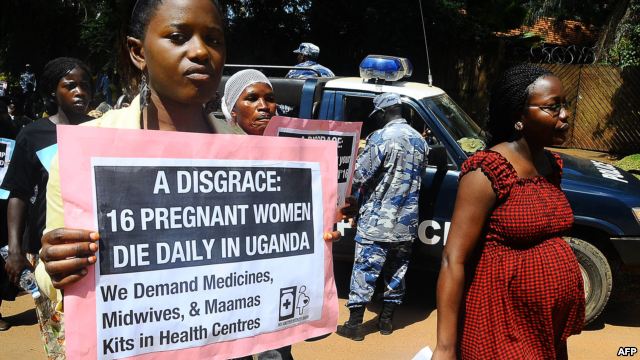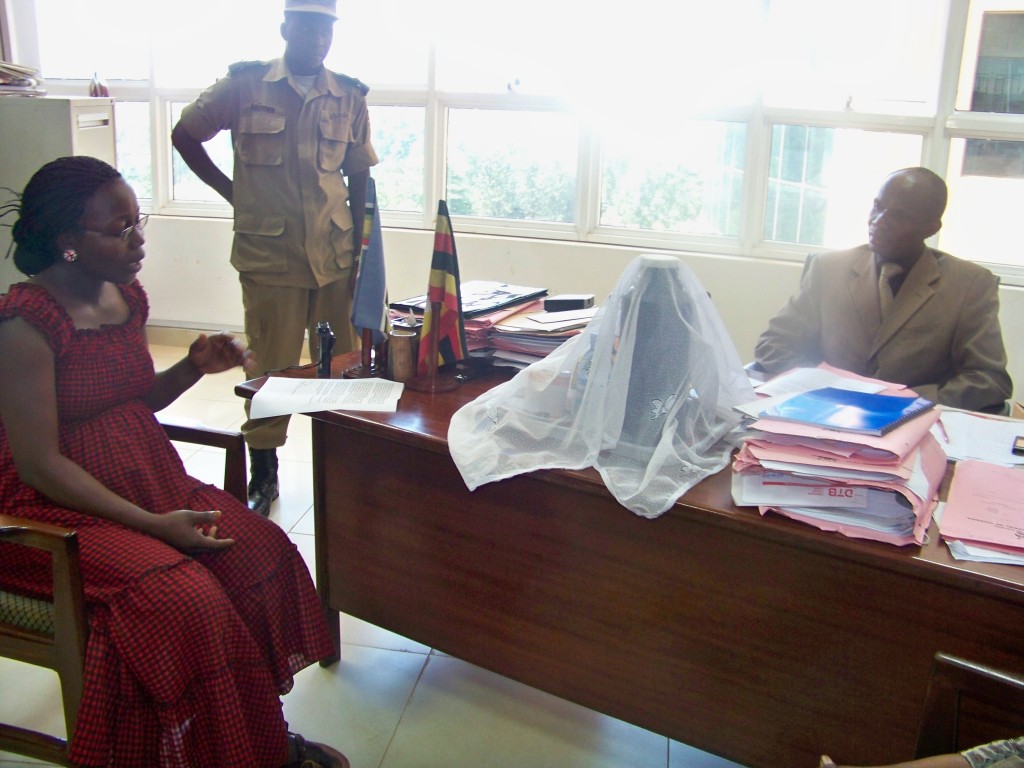By FLAVIA LANYERO
Medical practitioners have urged government to relax restrictions on abortion and make reproductive health services available to the youth, if abortion is to be managed in the country.
The health workers during a national conference on safe abortion last week said most foetal terminations are as a result of unwanted pregnancies yet little guidance is offered, especially to young women in schools. The young women always end up in desperate measures to get rid of the pregnancies.
Strict law
Currently, the Ugandan law does not permit abortion except when the mother’s life is in danger and neither are medics facilitated to educate young girls about reproductive health issues and rights.
This is in addition to government ratifying several international treaties, conventions and agreements including the 1995 Beijing Platform for Action that recognises that abortion should be safe and available to the full extent of the law.
“Restrictive laws do not prevent abortions. New technologies like the vacuum aspiration and Medical Abortion bring safe abortion care closer to women and governments need to honour their obligations to protect, promote and fulfil human rights,” said Dr E. Brookman-Amissah, the vice president for Ipas Africa, one of the leading organisations in reducing maternal health in the continent.
Abortions
In Uganda, World Health Organisation estimates that 300,000 women carry out unsafe abortions every year, many of whom risking their lives and leading to complications including death. However, even safe methods of abortion in the early months of a pregnancy are not readily available and are quite often expensive.
Avail drugs
Dr Charles Kiggundu, a gynecologist and obstetrician with Mulago Hospital, said threatening girls from abortion does not solve anything as they are usually determined to get rid of an unwanted pregnancy and urged government to make available drugs like Misoprostol for safe abortions.
The Commissioner for the Reproductive Health at the Ministry of Health, Mr Anthony Mbonye, said unsafe abortion still remains a challenge which will require a multi-faceted approach to address. He urged, especially parliamentarians, to increase funding for the health sector in order to tackle such issues.
flanyero@ug.nationmedia.com
Source: http://www.monitor.co.ug/News/National/-/688334/1425602/-/agpb1tz/-/index.html






